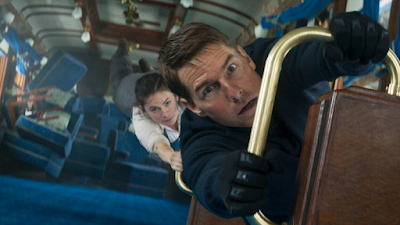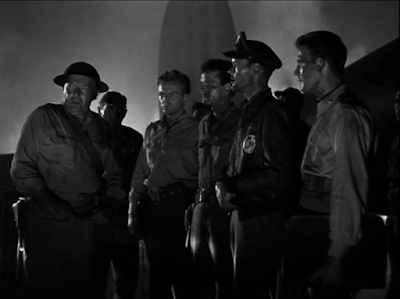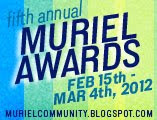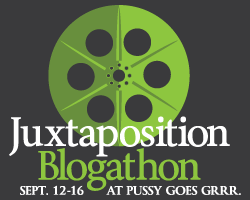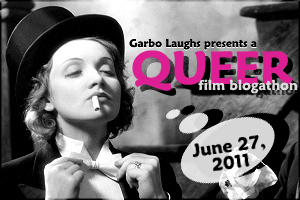“If there were a sympathy in choice,
War, death, or sickness, did lay siege to it,
Making it momentary as a sound,
Swift as a shadow, short as any dream,
Brief as the lightning in the collied night
That, in a spleen, unfolds both heaven and earth,
And ere a man hath power to say 'Behold!'
The jaws of darkness do devour it up;
So quick bright things come to confusion.”
--William Shakespeare, A Midsummer Night's Dream, Act I, Scene I
The espionage thriller has been flirting with science fiction for decades now. The first James Bond film, Dr. No, set the precedent, and the Harry Palmer films, the Flint films, and the Jason Bourne films have all followed its lead. The Marvel films are built in equal measure on the espionage thriller and on science fiction, with their very own super spy organization as a through-line lacing the entire franchise together. Get Smart had a character who was an android. It's in the DNA of the form now in spite of the best efforts of John le Carré and Graham Greene to ground the genre in reality. The Mission: Impossible television series and films are science fiction-y most of the time, with their cyberpunk stylings, but this year's Mission: Impossible-Dead Reckoning Part 1 (2023, directed by Christopher McQuarrie) crosses the border into broad sci fi with nary a backward glance. Like a good science fiction story, it starts with a what if: "What if a self-aware artificial intelligence infiltrated every corner of the internet? What if truth and reality became suspect, at the whims of that intelligence? What if the world's powers raced to gain sole control of that intelligence, and by extension, the world? And what if that intelligence had plans of its own?" Given the socio-political moment into which the film was released, an aware viewer can be excused for wondering if this question is even science fictional. She should ask, rather, are we living in a science fiction reality? (Note: we absolutely are). This is another film about The Singularity, a subject matter that is moving more and more out of science fiction and into the broader discourse about, well, everything. At this writing, the artists who create movies are on strike specifically to thwart the movie industry from replacing them with machines. There's a meme on social media noting that a future in which AIs compose poetry and art while human beings perform subsistence menial labor is NOT the future anyone imagined. More ominously, there is debate in technology schools like Cal Tech and MIT about the ethics of developing autonomous AI for use in drone weapons for the military. Every job in the world that doesn't require a pair of hands is under threat right now. If this sounds like a scenario that leads to Skynet, don't think the makers of Mission: Impossible haven't noticed this too. Dead Reckoning is absolutely descended from Colossus: The Forbin Project and The Terminator.
